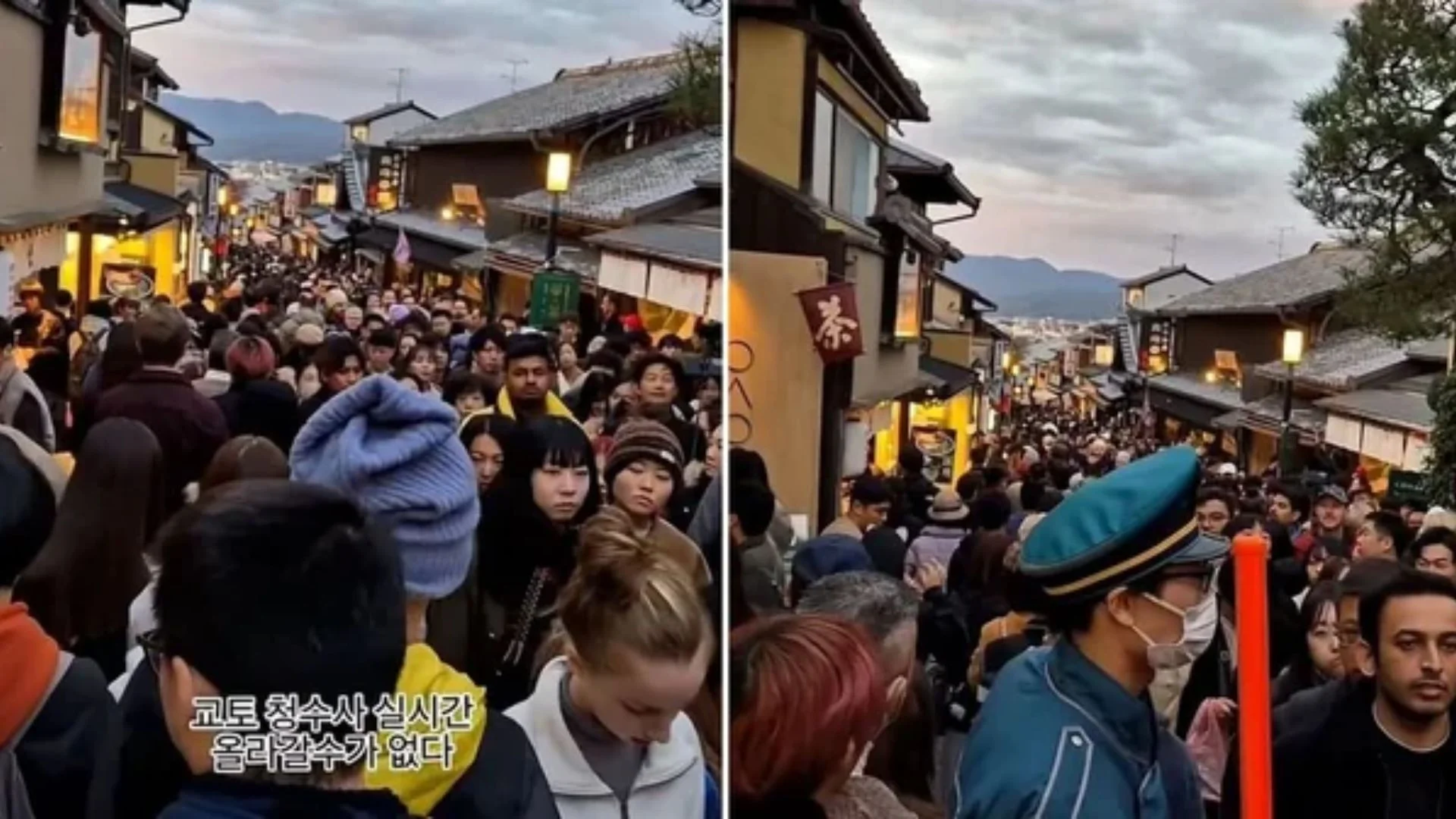The Rajya Sabha passed the Chief Election Commissioner and Other Election Commissioners, the Appointment, Conditions of Service and Term of Office Bill, 2023 on December 12, 2023.
The bill passed aimed to regulate the appointment, conditions of service, and term of office for the chief election commissioner, CEC and other election commissioners, EC as well as outline the procedure for the functioning of the Election Commission.
The bill was originally introduced on August 10 for consideration and passage today by Union Law Minister Arjun Ram Meghwal and passed the upper house following a thorough debate.
The key provisions of the bill passed includes the replacement of the Election Commission, Conditions of Service of Election Commissioners and Transaction of Business Act, 1991. Thus, the new legislation covers aspects such as the appointment, salary, and removal of the CEC and other election commissioners and the president would appoint the CEC and ECs based on the recommendation of a selection committee which comprises of the prime minister, a union cabinet minister, and the leader of the opposition or the leader of the largest opposition party in the Lok Sabha.
The court stated that the said recommendation made by the committee remain valid even in the absence of a full committee. Thus, a search committee, headed by the Law Minister, would propose a panel of names to the selection committee, with eligibility criteria which requires the candidates to have held a position equivalent to the secretary to the central government.
Therefore, the bill stated that the salary and conditions of service for the CEC and ECs were set to be equivalent to that of the cabinet secretary, deviating from the previous equivalence with the salary of Supreme Court judges.
However, the concerns were raised by the court over the pay disparity by former CECs who asserted that the proposed changes downgraded the status of the election commission, the union government introduced an amendment to maintain the salary and perks of the CEC and ECs at the level of a Supreme Court judge, rather than aligning them with that of a cabinet secretary.
It has also been introduced by the union government’s the alterations to the search committee and the removal process of the CEC and ECs and the said amendment also includes a clause safeguarding the CEC and ECs from legal proceedings which relates to actions taken during their tenure, provided such actions were carried out in the discharge of official duties.
The amendment made aimed to shield these officials from civil or criminal proceedings related to their official functions.
The bill passed dropped the Chief Justice of India from the selection committee and this year, in march, the Supreme Court had ruled that the election commissioners shall be selected by a committee comprising the prime minister, the leader of opposition, and the chief justice, till the parliament frames a law which prescribed the selection process.
The bench headed by Justice KM Joseph in the case observed and has passed the directions in order to ensure the independence of the election commissioners.
Further, the Rajya Sabha Chairman Jagdeep Dhankhar during the debate on the election commissioners bill stated that the parliament is the supreme body when it comes to law-making and this court cannot suffer interventions of any other organ, be it executive or judiciary. Reflections in the Supreme Court are not binding on the parliament.
The court stated that there cannot be any interference from any other entity, be it the executive or the judiciary, on law-making. Thus, the vice-president, who has openly expressed his opprobrium of several of the decision of Supreme Court’s decisions which includes the Kesavananda Bharati and the one striking down the National Judicial Appointments Commission, made this remark in response to Congress legislator RS Surjewala referring to the recent judgement of the Supreme Court on the appointment of election commissioners.
Therefore, the upper housed passed the election commissioners bill and even as the members of opposition parties staged a walkout today in protest against what they have described as executive overreach and a chipping away of the independence of the election commission.

















